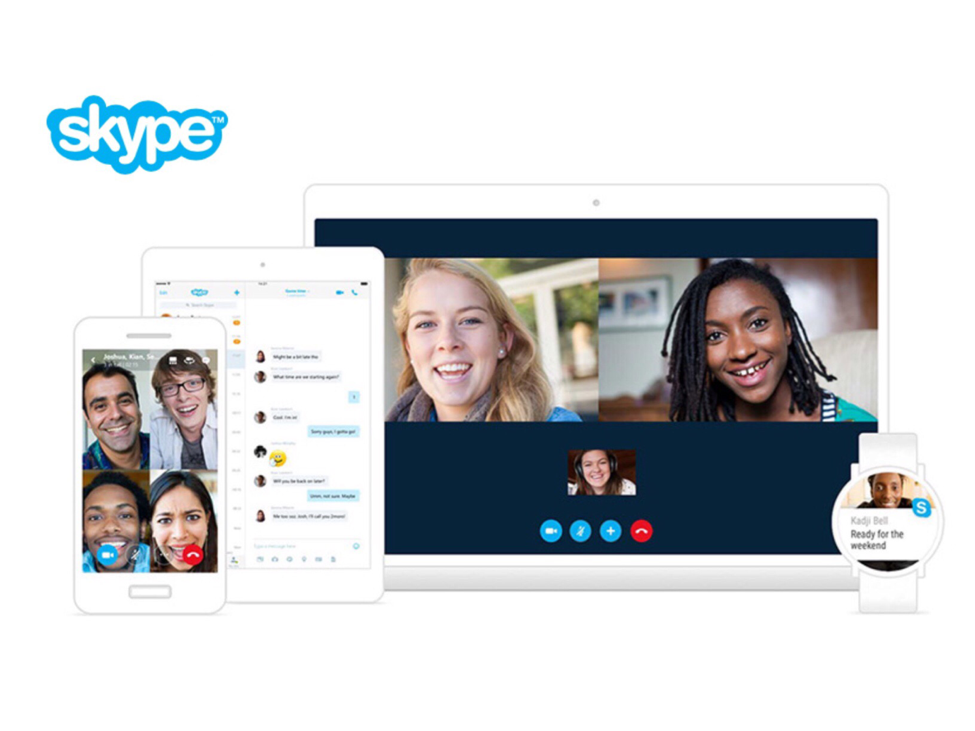Android suffers from a persistent 10ms audio lag that affects every app that uses audio. Virtual instrument apps, VR apps, VOIP apps, voice assistants, and karaoke apps.
While iOS and iDevices are found on stage at music festivals and in recording studios in Hollywood, thanks to the thriving pro audio ecosystem replete with software and hardware add-ons such as audio effects to mics to guitar pedals to MIDI controllers and sound cards; high audio lag on Android prevents the very existence of an equivalent ecosystem on Android. It just doesn’t exist.
Historically, Apple’s Mac OSX has been the standard for pro audio, so Apple’s version of the USB Audio Class implementation has become the industry standard. Which is why USB audio hardware manufacturers produce chips and firmware to be fully compatible with Apple.
Apple has ported its USB Audio implementation to iOS as well, therefore iOS has good support for USB Audio. But Android’s native USB Audio support is poor, virtually non-existent. Meaning that USB audio is available on only a handful of Android devices. To get around this, OEMs connect to USB audio via Linux USB audio (as Android has Linux under the hood). But Linux USB functionality is not even close to Apple’s.
Without well-designed, universal USB support on Android, Android users will experience worse audio quality and greater fragmentation problems as Android OEMs switch from the 3.5mm headphone jack to USB-C. Does that pair of USB headphones work for Lenovo and Samsung too? Or just Xiaomi devices? How about on Sony’s Xperia line?
Bluetooth? No, Virginia, Bluetooth is not going to save us either.
The currently available Bluetooth enabled audio devices virtually guarantee high audio lag and mediocre audio quality, thanks to the commonly implemented Bluetooth standard versions (below 4.0). If you use a Bluetooth headset for Skype, then you’ve added around 0.2 seconds latency to the audio chain.--Patrick Vlaskovits
Now available in iBooks ---> The Tesla Bubble




 RSS Feed
RSS Feed